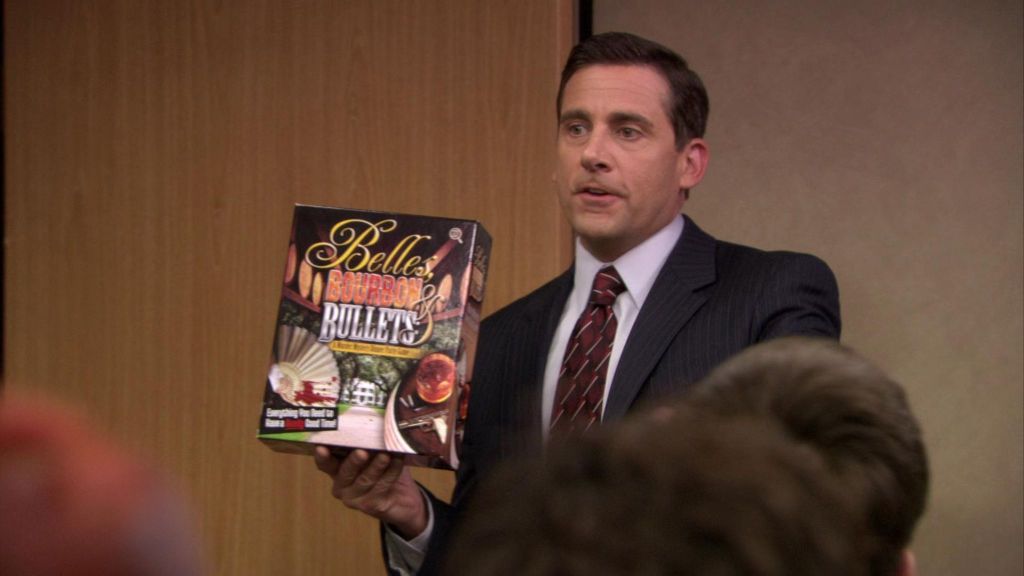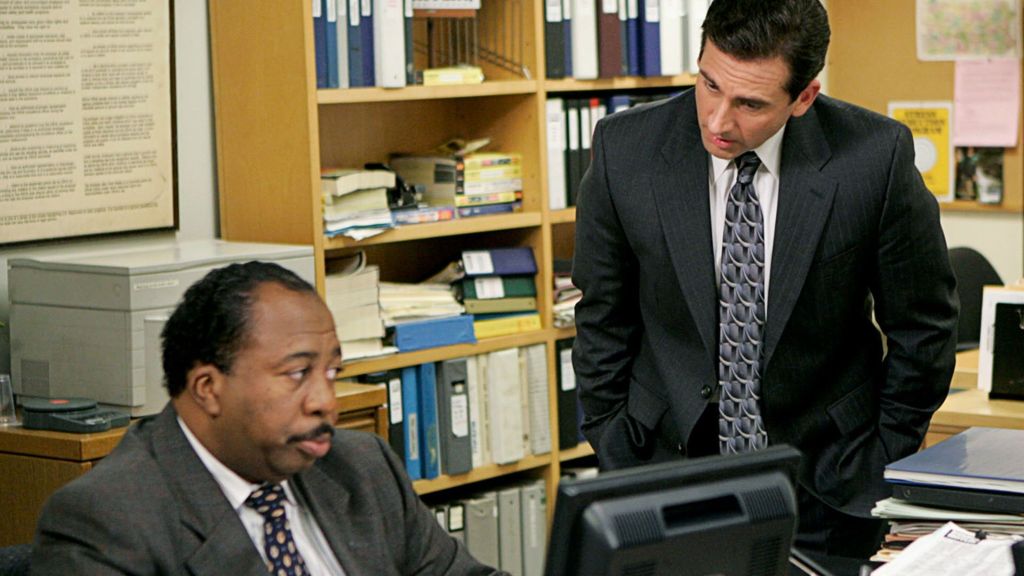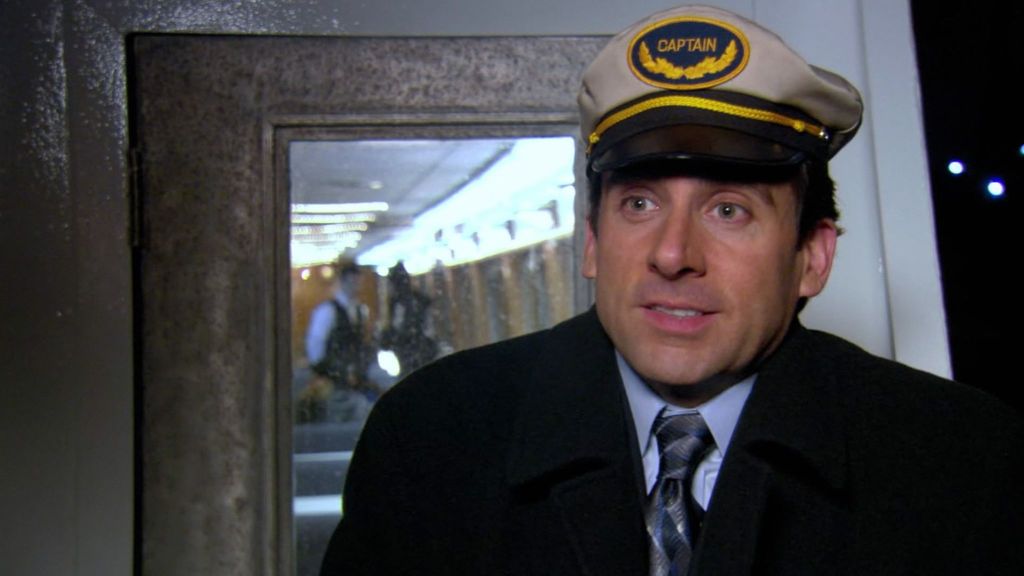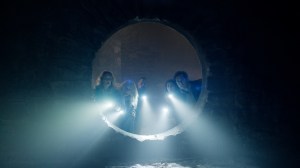Michael Scott’s (Steve Carell) tenure as Regional Manager of Dunder Mifflin Scranton in The Office is often remembered for its cringe-worthy moments. Michael’s inappropriate jokes, desperate need for attention, and boundary-crossing attempts at workplace camaraderie have become legendary examples of how not to manage an office. However, beneath the surface of paper airplane contests and impromptu dance parties lies a leader who genuinely cares about his employees. While his methods may be unorthodox, a few key episodes of The Office reveal moments where Michael’s emotional intelligence and dedication to his team shine through, demonstrating why the Scranton branch consistently remained Dunder Mifflin’s most successful location despite (or perhaps because of) its peculiar manager.
Videos by ComicBook.com
What distinguishes The Office’s Michael Scott from typical bad bosses is his authentic concern for his employees’ personal and professional growth. When tackling crises, acknowledging achievements, or handling workplace conflicts, Michael often stumbles into surprisingly effective leadership strategies emphasizing his team’s well-being above business objectives. These five episodes showcase different aspects of Michael’s management style that establish him as more than just the comedic centerpiece of NBC’s hit series.
“Murder” (Season 6, Episode 10)

When rumors of Dunder Mifflin’s potential bankruptcy threaten to paralyze the office with anxiety, Michael’s response seems characteristically inappropriate: launching into an elaborate murder-mystery game called “Belles, Bourbon, and Bullets.” This decision initially frustrates Jim Halpert (John Krasinski), who believes they should focus on the crisis at hand. However, Michael’s insistence that “they need this game” reveals his deeper understanding of workplace psychology. By providing a structured distraction, he prevents his team from spiraling into panic and maintains office morale during uncertain times. The episode culminates with Jim acknowledging Michael’s wisdom, understanding that sometimes effective leadership means protecting your team from emotional distress rather than forcing them to confront overwhelming challenges head-on.
“Business School” (Season 3, Episode 17)

While this episode begins with Michael’s questionably theatrical presentation at Ryan Howard’s (B.J. Novak) business school, where he tears pages from a textbook and throws candy bars at students, it evolves into a touching demonstration of his dedication to office relationships. When Pam Beesly (Jenna Fischer) holds her first art show, most of her colleagues either dismiss the invitation or, worse, criticize her work as “motel art.” Michael not only attends but purchases her watercolor of the office building, offering genuine praise that visibly moves Pam. His recognition of her talent and sincere pride in her accomplishment illustrates how Michael sees his role extending beyond traditional management. He considers himself a mentor responsible for nurturing his employees’ dreams and aspirations.
[RELATED: The Office Fans Are Still Divided Over Controversial Jim Moment]
“Did I Stutter?” (Season 4, Episode 16)

When Stanley Hudson (Leslie David Baker) boldly challenges Michael’s authority with the titular phrase during a meeting, Michael encounters a crucial leadership test. His initial response is attempting to defuse the situation with humor and later staging a fake firing, demonstrating his characteristic avoidance of conflict. However, the episode’s resolution reveals remarkable growth in Michael’s management approach. Rather than letting the insubordination slide or resorting to harsh disciplinary action, Michael clears the office for a private conversation with Stanley. During this discussion, he balances empathy for Stanley’s frustrations with clear expectations about workplace respect. This nuanced handling of a potentially volatile situation demonstrates Michael’s ability to be compassionate and authoritative when required.
“Branch Closing” (Season 3, Episode 7)

Faced with corporate’s decision to close the Scranton branch, Michael exhibits perhaps his most admirable leadership quality, which is fierce loyalty to his team. While other managers might accept the decision or prioritize their own future, Michael immediately takes action to save his employees’ jobs. His determination drives him to confront corporate leadership directly, displaying courage and dedication that earns respect from his team. Josh Porter’s (Charles Esten) concurrent betrayal of the Stamford branch, leveraging the situation for personal gain, provides a stark contrast that Jim articulates perfectly: “Say what you will about Michael Scott, but he would never do that.” This episode of The Office proves that Michael’s leadership style, though unconventional, fosters stronger loyalty and team cohesion than more traditional approaches.
“Booze Cruise” (Season 2, Episode 11)

The infamous booze cruise episode unveils Michael’s unexpected depth as a mentor and motivator. While his leadership seminar aboard a party boat in January appears like another misguided attempt at team building, it yields unexpected positive results. His passionate speech about making bold decisions inadvertently inspires Roy Anderson (David Denman) to set a wedding date with Pam, showing how Michael’s genuine enthusiasm can motivate others to take action in their lives. More significantly, when Jim confides in Michael about his feelings for Pam, Michael offers simple but meaningful advice: “Never, ever give up.” This quiet moment presents Michael at his finest, dropping the performative aspects of his personality to connect authentically with an employee seeking guidance.








